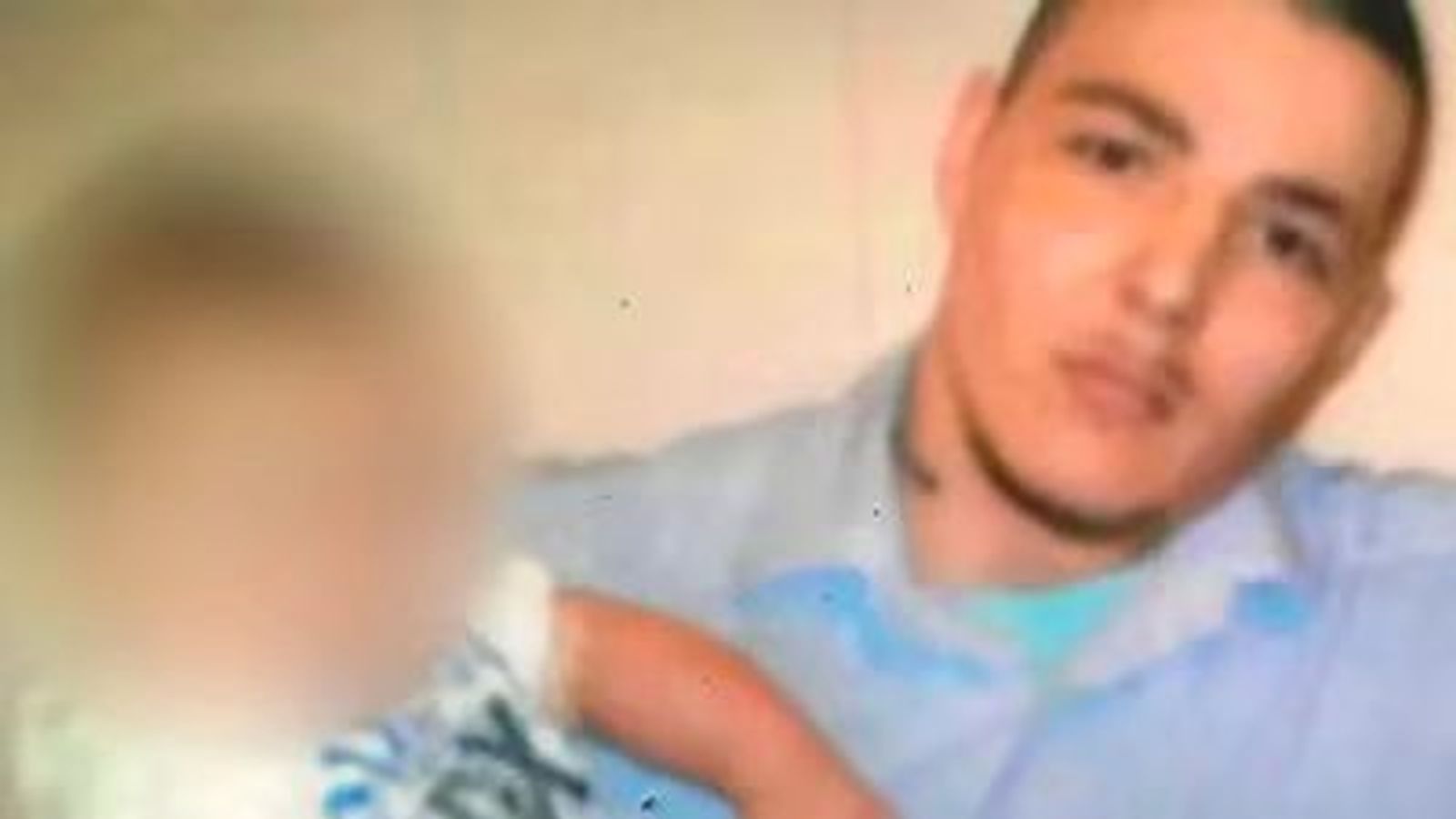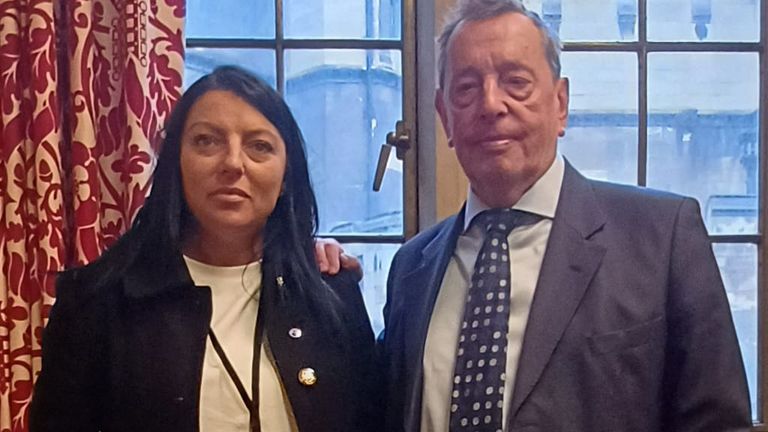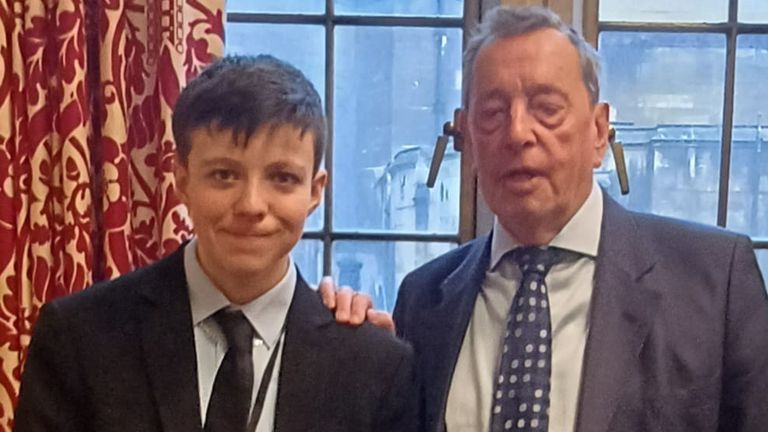A man who has been serving a controversial indefinite prison sentence is set to reunite with his son after 12 years apart.
Thomas White, who was handed an IPP (Imprisonment for Public Protection) sentence in 2012 for stealing a mobile phone, has not seen his son, Kayden, since he was nine months old.
White, 40, was handed a two-year minimum jail sentence under IPP, four months before the sentences were abolished – but remains in prison 12 years later.
However, following an intervention from Lord Blunkett – who introduced IPPs when he was home secretary back in 2003 – Mr White has been granted permission to see his son later this month.
Mr White’s sister, Clara White, said the meeting was a “victory” for her family – but they had to “take the law into their own hands” to see change.
“Our prayers have been answered,” she told Sky News.
“Campaigning on IPP – I wouldn’t wish it on anybody. I don’t think anyone would want to walk in our shoes, it’s been a tireless job.
“Although I am happy, I still feel bitterness about what was allowed to happen and that no legal team would help us. We took the law into our own hands to see the man who was the architect of this sentence to help us. I had no other choice.”
IPP is a prison sentence with no release date that was intended for serious violent and sexual offenders who posed a significant risk of serious harm to the public but whose crimes did not warrant a life term.
Although the government’s stated aim was public protection, concerns quickly grew that IPP sentences were being applied too broadly and catching more minor offenders – with many serving time in prison much longer than their initial term.
In 2012 they were abolished, but the change was not applied retrospectively, leaving 2,852 IPP prisoners behind bars, including 1,227 who have never been released.
Last month, Ms White travelled to London with her nephew to meet Lord Blunkett, the architect of IPP who has expressed “deep regret” over how they were implemented.
Ms White thanked Lord Blunkett and said he was “very sympathetic” adding: “He listened with great compassion.”
“What’s happened now doesn’t make it right,” she said. “Kayden and Thomas can’t recapture those years – they have to pick up now and start their relationship now.”
Lord Blunkett’s intervention in Mr White’s case comes as the House of Lords is set to vote on a series of amendments to the government’s Victims and Prisoners Bill later this month.
One amendment, tabled by Baroness Fox of Buckley, is calling for a resentencing of the remaining IPP population.
Read more:
Ministers using ‘misleading’ claims to justify indefinite detention, says UN torture expert
Cost of keeping people in prison on indeterminate IPP sentences tops £1bn since 2012
The government has so far resisted calls to resentence the remaining IPP prisoners, citing fears over public safety.
However, data obtained by Sky News through a Freedom of Information (FOI) request shows only 83 IPP prisoners who have been released since 2012 have been convicted of a serious further offence (SFO) upon or after their release, including those who may have been released, recalled back to custody and rereleased.
Ms White urged peers in the House of Lords to back Baroness Buckley’s amendment, saying: “IPP has not just had an effect on prisoners mentally, it has had an effect on the families and we have all been punished and served a sentence.
“It’s a wreckage and they should help us clear it up now.”
A Ministry of Justice spokesperson said: “We have reduced the number of unreleased IPP prisoners by three-quarters since we scrapped the sentence in 2012, with a 12% fall in the last year alone where the Parole Board deemed prisoners safe to release.
“We have also taken decisive action to curtail licence periods and continue to help those still in custody to progress towards release including improving access to rehabilitation programmes and mental health support.”


